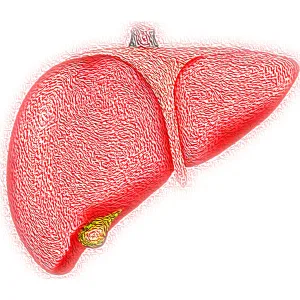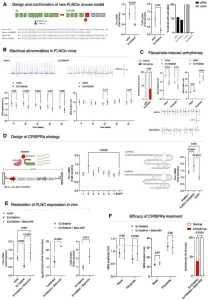Unlocking Focus: How Exercise Can Help Manage ADHD Symptoms
Attention-Deficit/Hyperactivity Disorder (ADHD) can significantly impact daily life, affecting focus, attention, and impulse control. While traditional treatments like medication and therapy are essential, emerging research highlights the powerful role exercise can play in managing ADHD symptoms and boosting overall brain health.
The Brain-Boosting Benefits of Exercise for ADHD
Engaging in regular physical activity offers a multitude of benefits for individuals with ADHD:
- Improved Focus and Attention: Exercise stimulates the release of neurotransmitters like dopamine and norepinephrine, which play a crucial role in attention and focus.
- Reduced Hyperactivity and Impulsivity: Physical activity can help channel excess energy and reduce impulsive behaviors often associated with ADHD.
- Enhanced Cognitive Function: Exercise improves blood flow to the brain, promoting better cognitive function, memory, and learning.
- Mood Regulation: Exercise releases endorphins, which have mood-boosting effects and can help alleviate symptoms of anxiety and depression, often co-occurring conditions with ADHD.
Types of Exercise That Can Help
While any form of physical activity is beneficial, certain types of exercise may be particularly helpful for managing ADHD:
- Aerobic Exercise: Activities like running, swimming, cycling, and dancing elevate heart rate and improve cardiovascular health, contributing to better brain function.
- Mindful Movement: Practices like yoga and Tai Chi combine physical activity with mindfulness techniques, promoting relaxation and focus.
- Team Sports: Participating in team sports can provide structure, social interaction, and opportunities to develop teamwork skills.
Making Exercise a Part of Your Routine
Integrating exercise into your daily routine can be easier than you think:
- Start Small: Begin with short, manageable exercise sessions and gradually increase the duration and intensity.
- Find Activities You Enjoy: Choose activities that you find fun and engaging to stay motivated.
- Set Realistic Goals: Avoid overwhelming yourself with unrealistic expectations. Celebrate small victories and stay consistent.
- Make it a Habit: Schedule exercise into your daily routine, just like any other important appointment.
A Holistic Approach to ADHD Management
While exercise offers significant benefits, it’s important to remember that it’s most effective when combined with other treatment approaches, such as medication and therapy. Consult with your healthcare provider to develop a comprehensive treatment plan that addresses your specific needs.
Final Overview
Exercise is emerging as a valuable tool in the management of ADHD symptoms. By incorporating regular physical activity into your routine, you can improve focus, reduce hyperactivity, boost cognitive function, and enhance overall well-being. Remember to consult with your healthcare provider to determine the best course of treatment for your individual needs.




+ There are no comments
Add yours